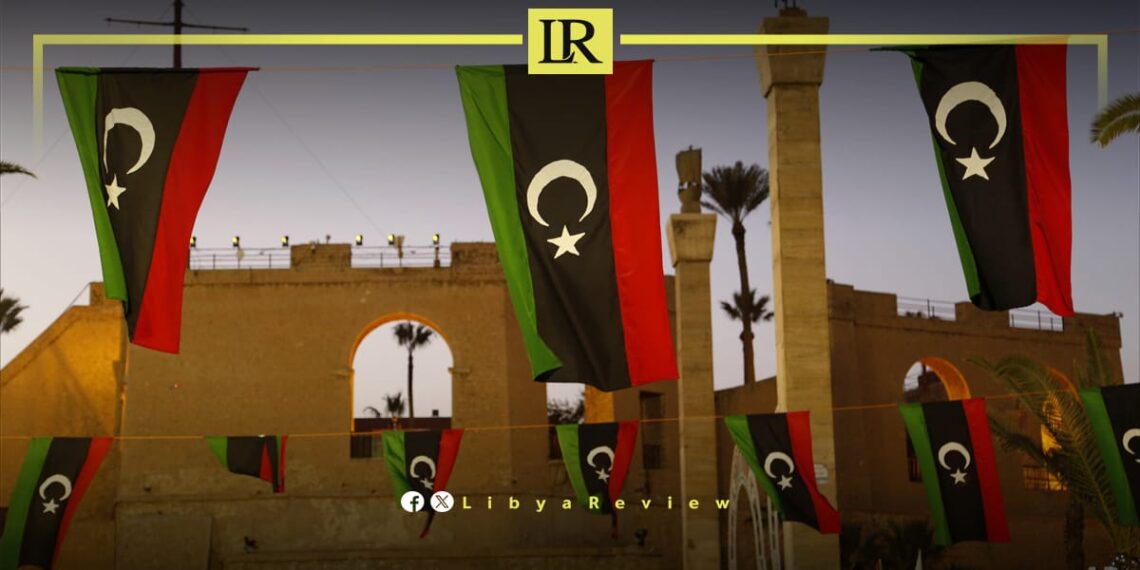Throughout 2024, Libya witnessed numerous political disputes that exacerbated its crisis and deepened divisions among its institutions, further negatively impacting the country’s economic situation.
Tensions flared between the House of Representatives (HoR) and the Head of the Presidential Council, Mohamed Al-Mnifi, over the latter’s decisions to dismiss the Governor of the Central Bank of Libya (CBL) and establish a Commission for Referendum and National Inquiry.
The dismissal of the CBL Governor, which was enforced by the Ministry of Interior under the Government of National Unity (GNU), triggered an economic crisis. This came after the Libyan Government-designate shut down oil production and exports, fearing the misuse of oil revenues.
After intervention by the United Nations Support Mission in Libya (UNSMIL), a meeting was held between representatives of the Presidential Council and the HoR, resulting in a resolution to the CBL crisis. A new board of directors was appointed, headed by Naji Issa. However, the country suffered significant financial losses due to the oil shutdown.
Al-Mnifi’s decision to establish a Commission for Referendum and National Inquiry caused another rift with the HoR, which rejected the move and demanded its immediate withdrawal. The HoR argued that the decision overstepped Al-Mnifi’s authority as defined by the Geneva Agreement. It also urged all relevant institutions to disregard the commission and its mandates, emphasizing that the High National Elections Commission (HNEC) is the sole technical body responsible for managing elections and referendums.
In response, the HoR convened an official session, voting to terminate the mandate of the executive authorities (the Libyan Presidential Council and the GNU), which were appointed during the transitional phase. The HoR declared the Libyan Government-designate, led by Osama Hammad, as the legitimate government until a unified government is elected.
The HoR also voted to designate its Speaker as the Supreme Commander of the Libyan Army, as stipulated in the constitutional declaration and its own decisions.
The Libyan State Council’s President, Khaled Al-Mishri, rejected the HoR’s decisions, stating that stripping the Presidential Council of its role as Commander-in-Chief of the Army violated the political agreement.
Similarly, the GNU dismissed the HoR’s decision to end its mandate, describing it as a non-binding opinion from a political faction seeking to prolong its benefits and salaries rather than acting as a legislative authority representing all Libyans and promoting peaceful power transitions.
The State Council also faced internal disputes during its presidential elections in August between candidates Mohamed Takala and Khaled Al-Mishri. The controversy arose over an invalid voting slip.
Al-Mishri declared himself the rightful winner and resumed his duties, while Takala announced he would seek legal resolution to the dispute. The matter of the council’s leadership remains unresolved.
Observers believe that these conflicts have further complicated Libya’s already intricate crisis, making the prospect of reconciliation and elections under the current circumstances seem far-fetched.


